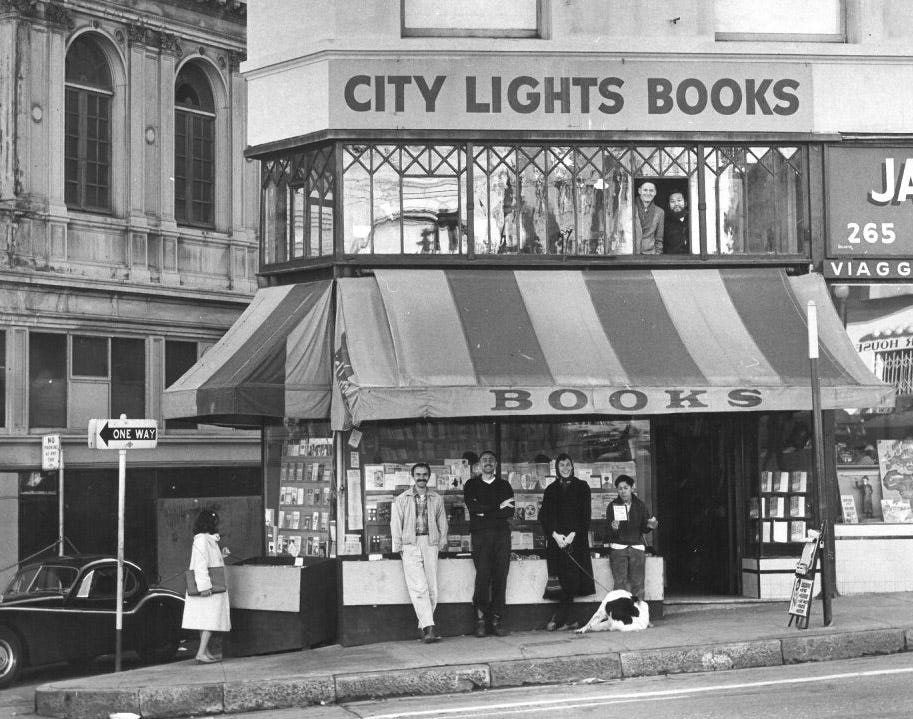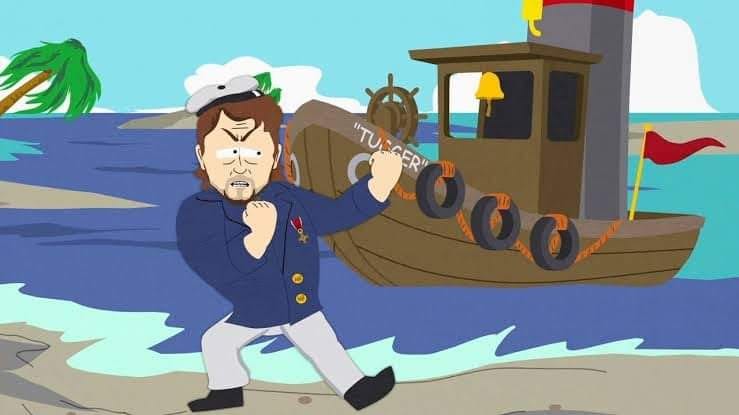In this episode I take a deep dive into the thrilling, controversial and critically misunderstood work SCUM Manifesto, by the political writer and radical feminist Valerie Solanas.
Content warning: This episode contains discussions of suicide, terrorism and violence against women.
Reviled and mischaracterised by those who view her writing through the lens of her attempted assassination of Andy Warhol in 1968, I argue that her manifesto is vital to understanding the crisis of masculinity today.
I connect the potential usefulness of Solanas’ writing to the culture wars of the present day via the work of the playwright Sarah Kane, along with concepts from Guy DeBord, Mark Fisher and Slavoj Žižek, among others.
This episode was produced with help from theatre director and writer R.G. Rader. The part of Valerie Solanas is played by Martha Brozyna. Few archive recordings of Valerie Solanas remain, so it was a pleasure to work with R.G. and Martha to give her vital work a voice. I hope we came close to capturing her inspiring, incendiary tone.
This episode is not about the shooting of Andy Warhol, but here’s some audio of Valerie shit-talking him, and name-dropping her life’s work - S.C.U.M., the Society for Cutting Up Men.
Reading recommendations
I mention a few texts in the episode, starting with the lovely 2004 edition of SCUM Manifesto from Verso Books, with a foreword by Avital Ronell (from which I quote in the episode). I bought my copy of this edition in City Lights in San Francisco, a very happy memory, but I first read it as a PDF online (have a dig about).
Here’s an interesting essay by Stephen Lee Naish on Solanas in the age of Trump. Watch the film I Shot Andy Warhol too, but read around it. It's not the full story.
You can hear The Holy Bible in its entirety below, which is the proper way to consume the album. I do not recommend digging any farther forward into the timeline of the Manic Street Preachers, but Generation Terrorists and Gold Against The Soul are both excellent, if a little less like a night out at the Kit Kat Club with Yukio Mishima, George Orwell and Gang of Four. Here’s Taylor Parkes for The Quietus on The Holy Bible’s enduring power and significance.
Sarah Kane’s plays are collected in a complete edition published by the National Theatre, which includes the two I mention in the episode, Blasted and 4:48 Psychosis. Kane came to give a lecture at Bristol University during my first few months there. She died a year later. Listening to her talk in person, aged 17, I was struck by both her shyness and reticence, and her completely uncompromising belief in her own writing. She left a lasting impression. Here’s a link to her interview with Dan Rebellato, quoted in the episode. You can also listen to it on YouTube. The documentary Blasted: The Life and Death of Sarah Kane is worth checking out too.
Most of the other texts I mentioned in this episode will probably be familiar to regular listeners, but it’s never a bad time to recommend Guy DeBord’s Society of the Spectacle, Slavoj Žižek’s Living in the End Times, Mark Fisher’s Capitalist Realism, and Hannah Arendt’s On Violence (some of these link to free PDFs). You can also struggle your way through Ted Kaczynski’s Industrial Society and its Future if you want another example of a (much more incoherent, but perhaps slightly less fantastical) ‘outsider manifesto’ — one with valid insights, but many, many problems as well.
I highly recommend the recent book Clown World by Jamie Tahsin and Matt Shea, the Vice journalists who reported on the story of Andrew Tate’s War Room, and his ongoing trial for sex trafficking. You can watch one of their documentaries on Tate over at the BBC (for UK readers). Here’s an item about their original documentary.
Read an article here about the early abuse likely suffered by Naia, the Ice Age skeleton found in Mexico’s Yucatan Peninsula in 2007. For data and conclusions on the frequent appearance of abuse-related stress fractures in ancient human female remains, see papers by Wilkinson and Van Wagenson, Crevecouer et. al., Slaus and Novak, and… just web search it a bit. Understand the evidence. We need to confront how old and how pervasive male abuse of women really is. As I say in the episode, it’s older than our religions, our stories, our songs and our cities.
Polly Evans wrote ‘How to spot an intellectual misogynist’ back in 2017. I’ve been thinking about it ever since, honestly. Everything she raises is an example of an area where men should, but seemingly can’t, do better.
The podcast on BBC Sounds I alluded to is Jon Ronson’s podcast Things Fell Apart (series 2, episode 7). It’s the true story behind the conspiracies that emerged around the phrase: By 2030 you will own nothing, and you’ll be happy.
I also referred to the ongoing trial of Dominique Pelicot as an example of the horrors that toxic masculinity perpetrates, routinely. Good luck getting through all of The Guardian’s piece on the pathetic, excuse-mongering men who raped Gisèle Pelicot. These men — and their attitudes — are the problem to be solved, make no mistake.
To wrap things up on a more positive note, check out this piece below by friend of the pod (and Episode 26 guest) Roy Christopher’s on another transgressive New York icon of feminism, the writer Kathy Acker.
Let’s talk about ‘men’
Let's talk more about this episode?
I write more to provoke than inform. There are nearly 300 of us on this list. What insights might we uncover together, towards a positive vision of masculine identity? The alternative is extinction, as Valerie so powerfully warned.
This essay is part of a longer project, so look out for more episodes on the subject in the months to come.
That’s it for now! We’ll be back in early November with another show. Until then, thanks for listening! Take care of each other.
-Bram, Glasgow, October 2024
Support my work:
Explore my writing: linktr.ee/bramegieben
Read my book: linktr.ee/thedarkesttimeline
Follow @strangeexiles for updates on Instagram and Twitter

















Share this post